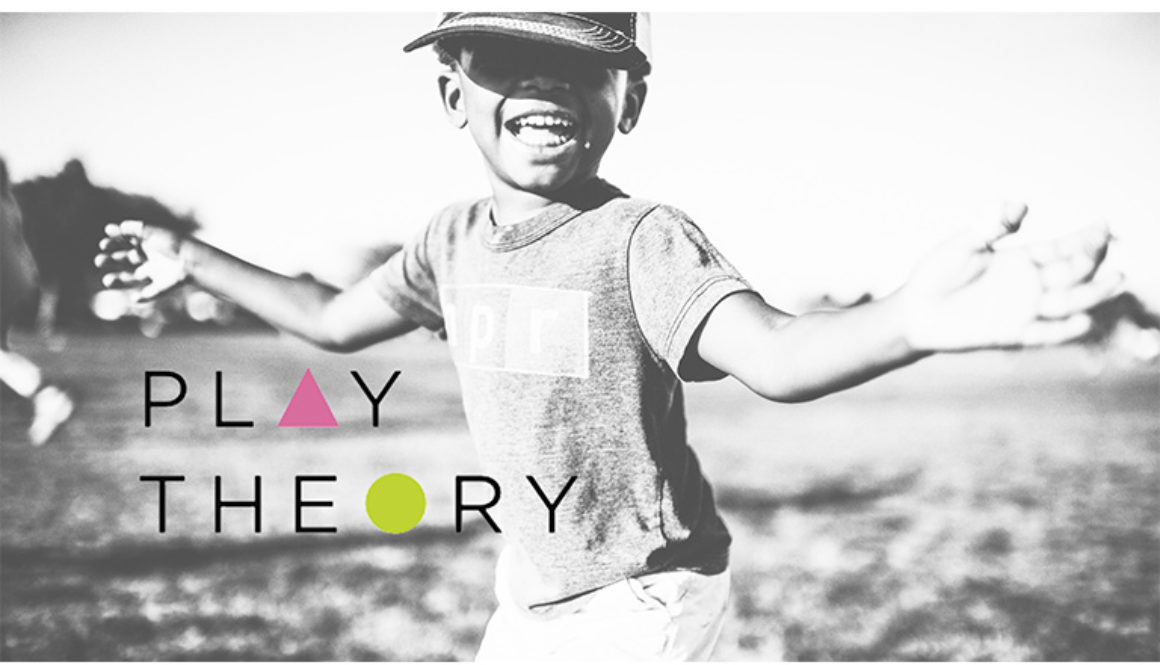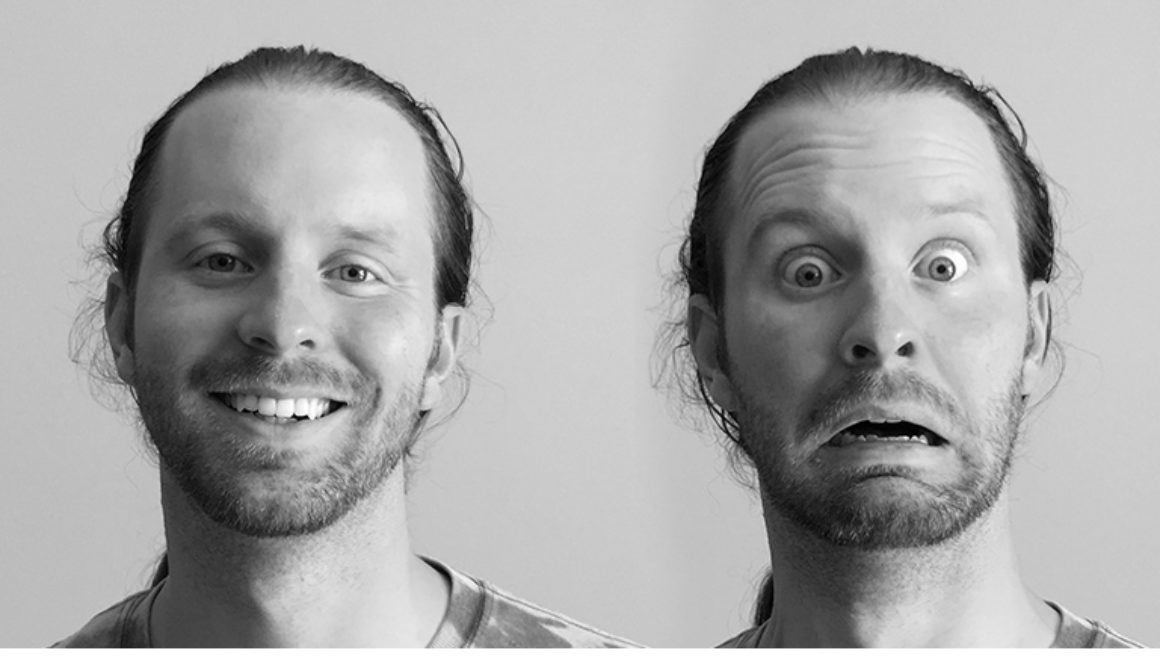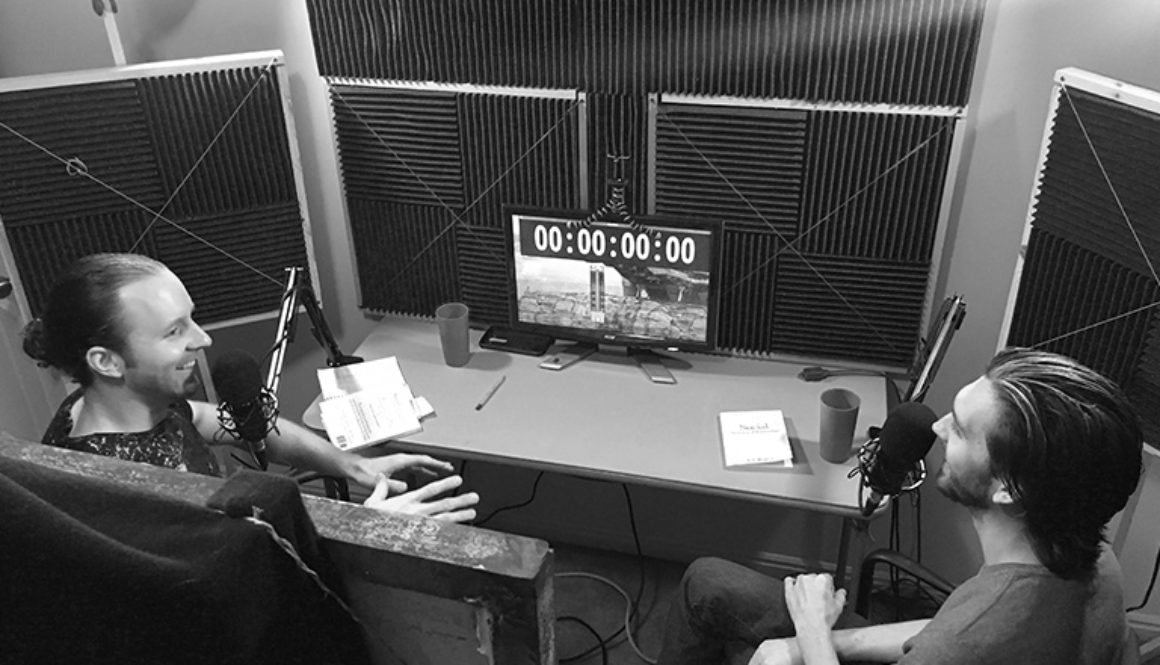Ep 003: PLAY THEORY
“I think most everybody has a natural sixth sense for feeling what other people are feeling. Some have a stronger sense than others.” Josh Putman
Hi guys, we are trying to transcribe the episodes for you but it is turning out to be a lot more work than we have time for. So this may be the last transcription we will be doing for a while. After this episode we will be writing out just show notes with quotes and references from the show. Thanks for all your support.
Transcription:
Jason: Hello everyone thanks for joining us again at Social: The Power of Relationships. Today we are talking about our thoughts and how they control our emotions. if you are you’re here for the first time check out the last few podcasts to become caught up on all the things we talked about so far.
I’m Jason
I’m Josh
Josh has a great quote to start us off with.
0:40
Josh: this is a quote by Mahatma Gandhi “A man is but the product of his thoughts, what he thinks he becomes.”
Josh: That is absolutely true isn’t it? I mean, Our thoughts create our feelings, our feelings create our actions, and our actions develop our habits. Habits are what make us who we are.
Jason: Every thought has a feeling, have enough thoughts with a certain feeling and that creates our mood. Our mood is the first thing we give in a relationship. You don’t have to talk to see how someone feels. Through their body language we can get a strong sense of how they are feeling. That’s the first thing they also feel from you.
2:00
Josh: I think most everybody has a natural sixth sense for feeling what other people are feeling. Some probably have a stronger sense than others. You’ve probably been in the room when somebody walks in and they’re angry and that changes the mood in the room. It starts to effect how you feel if you’re there for too long.
2:30
Jason: It also goes the other direction too, where everyone is laughing and you start laughing. So, How do you control your thoughts? Especially when you’re around other people.
3:00
Josh: In the last episode we talked about building a relationship with ourselves. Our thoughts are the way we build that relationship. If we are to develop that relationship it’s good to be aware of what we’re thinking, particularly when you’re feeling something you don’t want to feel. Your focus is going to determine that emotional state.
3:40
Jason: When I was younger I struggled a lot with depression. Something I did that helped was keep a journal called my book of thoughts. I would record the moments that I was feeling really happy, why I was happy, and I record when I was feeling sad and what thoughts lead me to that state. After a while I could influence how I felt about most situations.
4:10
Josh: I haven’t done a journal, I should probably, but I’ve done a lot of self inventory. Over the years I’ve tried to decipher and discover what’s creating the states that I’m in to then create the state that I want. To feel the way that I want to feel as opposed with the ways that I don’t. It’s been tricky and complex at times. I think it would be less valuable if we were constantly worried about our thoughts. That can be counterproductive. Being aware is good but being hyper aware I guess can be a bit negative.
5:30
Jason: There’s always a balance to everything. We can’t control 100% of what we think. However we can influence them and ride the waves better with some training. In college I joined an improvising group call play Theory. Their goals as a group were to help people cultivate trust, generosity and enthusiasm. They taught four principles that were really helpful for guiding my thoughts.
These four principles helped me the most: Number 1 is “be 100% present”, number 2 “let go and play”, 3 is “say yes and”, number 4 is to “look outward.”
6:45
Jason: The first one is, be 100% present and that means letting go of all your fears and all your anxieties to just be in the moment. One the ways I do that is to start listing the things I’m grateful for.
6:58
Josh: I’ve done quite a lot of meditation to help me to become more present. I’m better at it on some days than others, but to be in the moment has been incredibly beneficial.
7:23
Jason: I find whenever I’m depressed it’s because I’m thinking too much of the past. If I’m feeling anxiety it’s because I’m thinking too much of the future, particularly what could go wrong. Being present for me means being focused on the very next action on a project I’m working on. I’m looking for ways to bring my life into more positive state of being.
Josh: Or like what you were saying earlier, making lists of things you are grateful for. What are you grateful for, in the room, with this person you are speaking to right now? You could be grateful for anything “I really appreciate the sweater that you are wearing. I really like that coat. They have nice eyes, a nice smile, good energy.” Being grateful helps you to stay present with them and it deepens the experience you are having together.
8:17
Jason: The next one is to let go and play. The concept here is to let go of your fears of what could happen and allowing things to happen as they are. Be okay with making mistakes. Be okay with things getting a little awkward and rolling with it. “Lets see where this is going and how I can improve it.”
9:00
A great quote from our teacher, Neil Hooper, who organize the group said “Play lowers the stakes and allows for failure when attempting new skills. Mistakes are opportunities to learn if viewed with an opened mind.”
9:29
Josh: Yeah because we get so worried about making mistakes that we feel like we don’t want to try something new. We feel we need to get it perfect every time. We tie our value to that, I guess. Why not play? It’s lowering the expectations for ourselves, it’s not really about succeeding, it’s about playing. It’s about enjoying whatever I’m about to do. I think that can help to alleviate some of those pressures of the fears of failure. Because there is no failure, you’re only exploring (just trying something.) You’re just playing.
10:00
Jason: Failures are things that we put on ourselves. If we do not do this then we are failures. It’s a very negative state of mind that we have to turn off for a bit. Yes there is opportunities that we can fail but play a game you can win and lose as many times as you need to to get there (Quote by David Allen).
10:29
Jason: Number three is say yes and, It’s basically accepting whatever comes and then adding to it. It’s adding a little spark of you to it. Whether that thing is that comes into your world or whatever that person says to you, you accepted admire it and then add to it.
Josh: You are not fault-finding. Instead, you’re accepting it as it is and looking for ways to improve it, not necessary to improve the person but to add value to the experience.
11:18
Jason: Number 4 is: looking outward, which is when you’re in a situation you’re always looking for ways to help the other people around you. It’s making sure that your partner that you’re with looks great. What you’re doing is making them look great.
Josh: Because if everybody is doing that everybody looking great. It helps you get out of your mind and helps you support somebody else. It’s helps you to become more present.
11:57
Jason: It helps you to look great as well. Your thoughts are energy and we tend to identify that as emotional energy (happy, sad, angry, depressed) you know. Those thoughts sync with others when you are looking for connections. When you are trying to help someone else with your thoughts You’re connecting with how they are feeling and in a sense thinking the same as they are.
I’m not a huge believer in the energies of the cosmos, it may sound like it but I am referring to emotions. Our emotions are energy and as you think outwards you’re connecting with the energy of other people and that opens up the flow. You can continue to stay in positive states for longer periods of time that way.
13:00
Josh: You are feeding off of each other (I don’t know if feeding off of each other is the right words.) You’re supplying each other with positive emotion. It’s one of those weird dichotomies that the more you give away the more you receive. That’s how our thoughts create and shape who we are. That’s why they’re very important.
13:24
Josh: So Thank you today for this great conversation we had about our thoughts and the Play Theory Principles.
Jason: Thank you Josh so much and thank you James. James is in the background recording the podcast. He is our engineer thanks guys for listening and I look forward to more episodes do it next episode.





